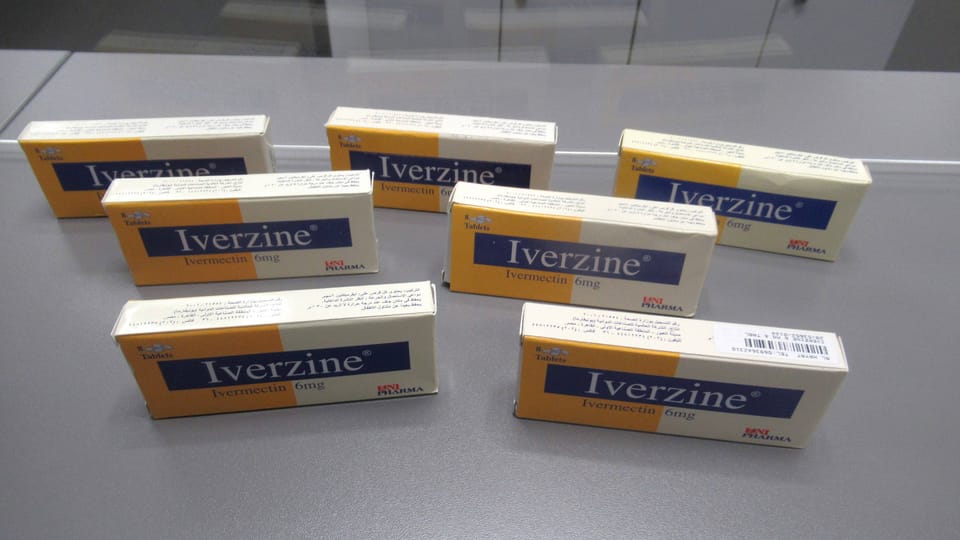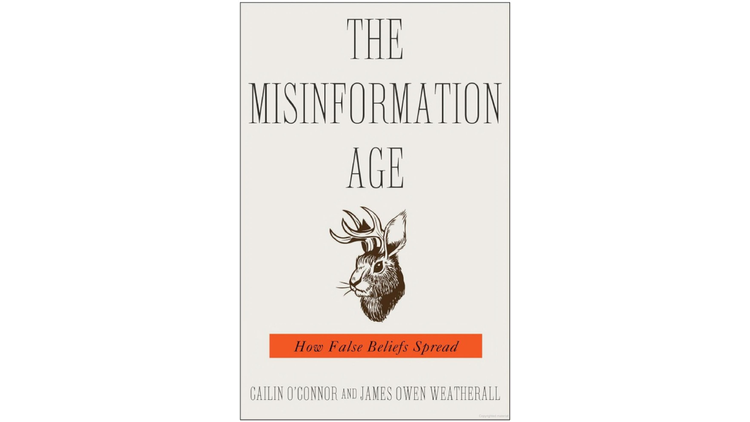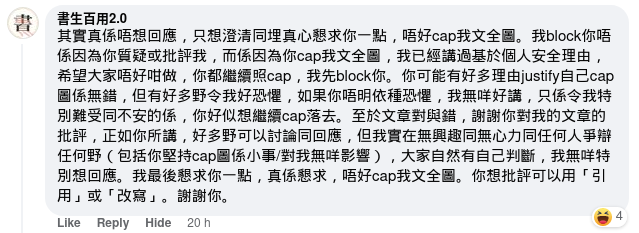伊維菌素(Ivermectin)及相關爭議

最近讀了幾篇關於以伊維菌素(Ivermectin)治療COVID-19的研究的文章,分享一下。
先簡單介紹一下背景︰一些早期、小型研究顯示伊維菌素可能有效,然而目前並無足夠證據顯示它有效,而且一項較大型(但未發表)的研究亦未能顯示伊維菌素有效,甚至有一份未經同行審查但廣為流傳的預印本(preprint)因涉及抄襲和偽造數據而被下架。
雖然在藥物研發過程中,早期研究顯示有效但最終無效的情況並不罕見(早期研究容易有大量false positive),但無論如何,反疫苗群體已把伊維菌素視為有效藥物,並認為質疑、反對聲音均來自大藥廠,更會騷擾一些科研人員。
順帶一提,有些人認為要「保持獨立思考,搜羅事實證據」,不要凡事相信專家精英,這當然沒有人會反對,但現實並沒有那麼簡單。原因在於很多人都不了解科學知識如何產生,特別是科學作為一個知識體制如何有系統避免偏見及自我修正,而在缺乏充分知識背景下的「獨立思考」、「搜羅證據」,很容易流於再三確認既定見解(例如「作者」誤用疫情數據,卻稱數據「令專家不開心」)。
這自然不是說科學界毫無問題,近年也有很多基於科學的挑戰,下面其中一篇文章正是質疑同行審查的標準;我也不認為凡專家說的都要同意,至少必須要問︰那人是不是相關領域的專家?其言論有足夠科學證據支持嗎?至於連誰是專家都不能判斷的人,恐怕沒甚麼資格說話。
《Vox》這篇報導非常詳細介紹了以伊維菌素治療COVID-19的研究發展,以及科學以外的爭議,抄錄幾段︰
For people trying to push back against Covid-19 misinformation and the ivermectin fad, it’s enough to point out the truth — no need to exaggerate the case against this yet-unproven drug or resort to condescension toward people falling for potentially fraudulent research and experts leading them astray.
“It’s not about laughing at the poor people who are taking it,” Mills, the McMaster University researcher, told me. The most culpable parties aren’t those who believed apparently fraudulent studies, it’s those who conducted, published, and boosted them.
But research can only clear up uncertainty where uncertainty exists — it can’t do anything about certainty that the drug works regardless of the evidence. As ivermectin’s role in the public spotlight has intensified, the debate about it has in many ways split into two. One is a serious debate among researchers and individuals, trying to understand whether the drug works at all and in what doses and under which circumstances, if any, it would pass a cost-benefit analysis.
《Nature》這篇則提及廣為流傳的論文預印本(網站上有15萬次瀏覽,遠超其他研究)的問題,該文章因數據可疑而被網站下架。
《Wired》這篇同樣介紹以伊維菌素治療COVID-19的研究發展,並提及 Edward Mills 的 TOGETHER 研究計劃,該計劃測試多項藥物,其中一項實驗顯示氟伏沙明(fluvoxamine)用於治療COVID-19確診初期病人有助降低其住院風險(研究日前刊出,我未讀)。但 Mills 及其同事因另一項研究伊維菌素的實驗而受到該藥物的支持者滋擾,在其他實驗並沒有遇到類似情況︰
Mills says he and his colleagues have been abused and threatened by ivermectin adherents; the trial designers even went through the rigorous process of changing the dosage administered to comport better to the fans’ preferred regimen of three days instead of just one. “We tested, what, seven other drugs? Nobody abuses us about the other drugs. We even showed one of them worked,” Mills tells me. His team touted positive results for fluvoxamine, “and that crowd doesn’t seem to care. If you ask them, ‘Why do you feel so strongly about ivermectin?’ they will say, ‘Because we feel there should be a cheap, effective drug that can be used by poor people.’ OK, well, we have that. We have it with fluvoxamine, and with inhaled budesonide. Why do they not care about those drugs? They don’t have an answer. They just want to talk about ivermectin.”
《Nature》就科學家因COVID-19而受攻擊的問卷調查,報導指不少科學家在接受媒體訪問後受到滋擾甚至恐嚇,兩大主因為疫苗及伊維菌素。
《The Atlantic》這篇文章的作者屬於發現上述伊維菌素研究數據可疑的小組,專門進行他稱「鑑證式同行審查」的調查,仔細檢查所有內容、發掘數據上的問題。他們檢視了30項研究,發現5個有嚴重問題(作者強調這不代表其餘25個沒有問題,只代表沒有明顯及嚴重的問題)。作者批評在疫情下同行審查不夠嚴謹,而他們的義務工作沒有任何報酬(亦沒有任何權威),並引述前 BMJ 編輯 Richard Smith 的說法,指在進行 systematic review 時應對所有研究作「有罪推定」。
作者認為關於伊維菌素的研究水平固然參差,但並不特別,而醫學界在劣質研究充斥的情況下沒有倒退(用他的說法是 “returned to the ages of leeches and bloodletting”),原因在於科學家往往無視這些研究,其中有部分發表在低水準的期刊上,純粹為了令CV好看,根本沒人會讀。
然而現時大量研究預印本放到網上,有些以往因為不可信而沒人讀的研究會獲得大量關注,廣為流傳。標題所指的「真正醜聞」,在於科學界需要需要由義工去fact-check那些有問題的研究。(不過每年發表的研究實在太多,我很懷疑如此詳細檢查是否符合成本效益,當然我們也不應過份信任個別研究,應該看整體證據。)
(原刊於Medium)




